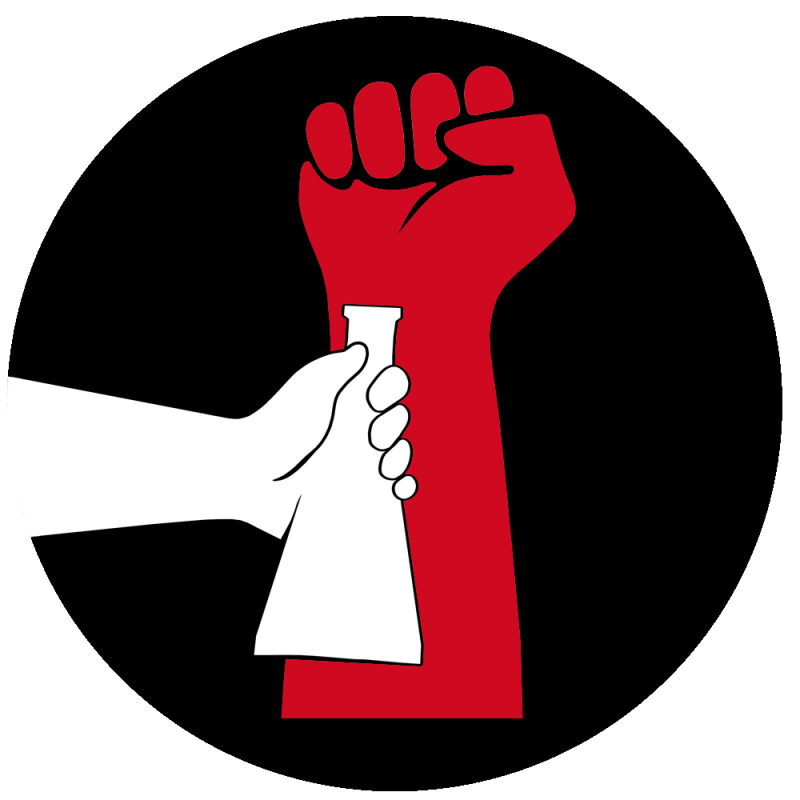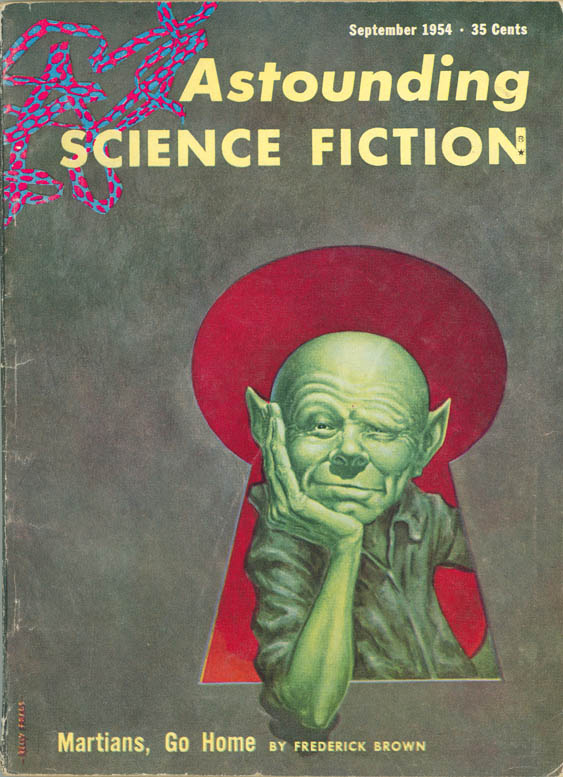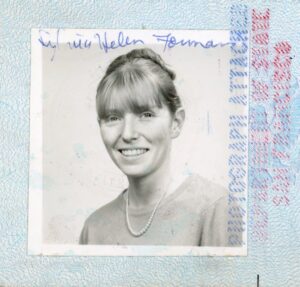Science for the People Records

At the height of the antiwar struggle in the late 1960s, a group of scientists and engineers based in Cambridge, Mass., began to turn a critical eye on the role of their fields in the larger political culture. Calling themselves Scientists and Engineers for Social and Political Action (SESPA), the group took the slogan “Science for the People,” which in turn became the name of their organization. With a collective membership that spread nation-wide, Science for the People was a voice for radical science and an active presence framing several of the scientific debates of the day. Through its vigorous publications, SftP explored issues ranging from the impact of military and corporate control of research to scientific rationalization of racism, sexism, and other forms of inequality; and they contributed to the discussions of recombinant DNA, sociobiology, IQ and biological determinism, women’s health care, nuclear power, and the rise of biotechnology. Many members were engaged in supporting anti-imperialist resistance in Central America and Asia during the 1980s. The organization gradually waned in the 1980s and published the last issue of its magazine in 1989.
Donated by several members of the organization, the Science for the People collection provides a window into the organization and operation of a collective devoted to radical science. In addition to meeting minutes and notes, and some correspondence, the collection includes a nearly complete run of the Science for the People magazine, and a substantial representation of the national and Nicaragua newsletters and topical publications. Photographs from the group’s trip to China and other areas abroad in 1978 are available online, along with videos of the talks and sessions from a 2014 conference on the history and legacy of SftP.


